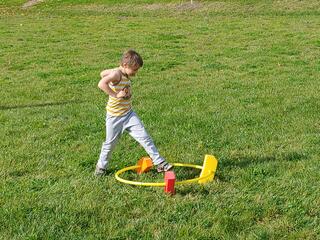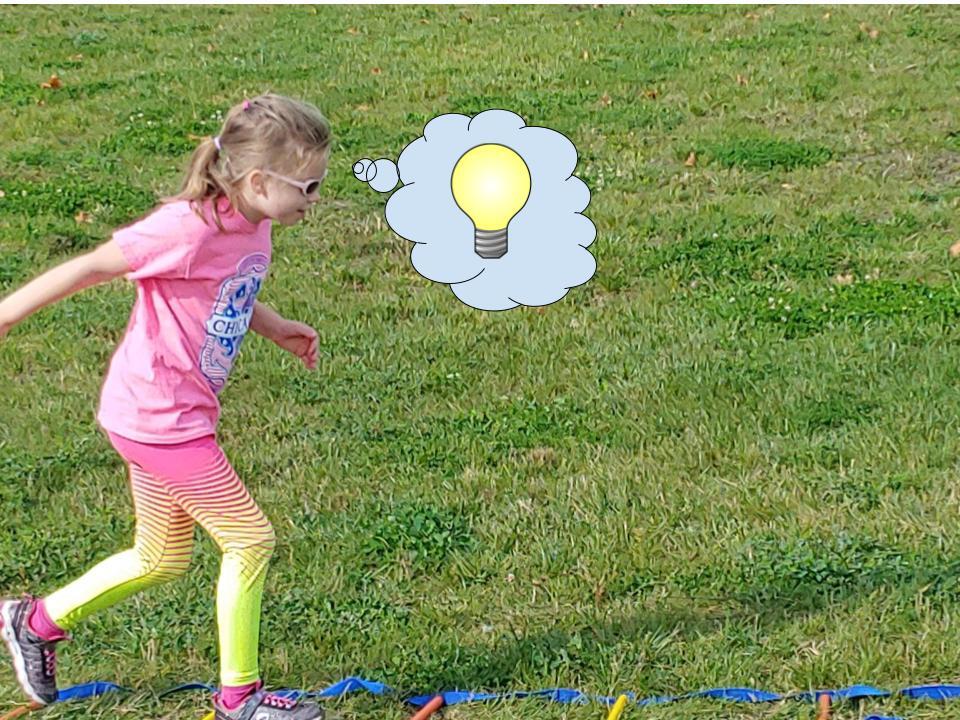
by Devin Taylor
In case you’ve lost count, we’ve been in Pandemic Mode for about eight months now. Whether you're home with the family and trying to keep the peace, or holed up alone and trying to stay connected, we are all living some version of the Quarantine Life.
We know the downfalls and drawbacks of this lifestyle, too. We’ve seen the articles about self-care during times of stress and isolation. We’ve read the editorials about the gaps and shortcomings of virtual learning. And we’ve seen the light-hearted memes about boredom snacking and running out of things to watch on Netflix. No matter how the message is received, one thing is clear: the quarantine lifestyle comes with potential setbacks to our overall health and wellbeing.
As parents, educators, and school staff, the setbacks for school age children are always first and foremost on our minds. Along with the impact to their physical health, we worry about the effect on their overall development during this time of vastly reduced social opportunity and modified academic instruction.
We wish we had one simple solution to combat these worries, but like so many aspects of education, there is no “one size fits all.” What we can offer are activities that support children’s health and cognitive development at this time. And would you believe that one of these is online Physical Education? It is! And we’ve got three reasons why it’s more important than ever.
Reason Number One: Physical Activity is Great for your Brain! 
We’ve known for some time that physical activity is important to our physical health. More recently, however, we’ve come to know that it’s pretty important for cognitive development and emotional regulation as well. Regular physical activity improves mental health and can reduce the risk of cognitive decline. This is according to the World Health Organization (WHO), which recommends that children ages five to seventeen spend at least an hour a day engaged in moderate to vigorous activity. These recommendations include active games and play with family, learning a new skill (like juggling!), or joining in online active games or classes -- like P.E. Class with Coach Ryan!
Reason Number Two: Exercise Supports Learning
 Keeping a happy and healthy brain isn’t the only thing a hard-working Spero Star has to think about -- there’s all that learning to keep up with! Fortunately, gym class can really help with this too. The Center for Disease Control (CDC) reports that regular exercise actually boosts brain health. In fact, exercising right after learning may help students retain the information learned. Who knew that practicing Ski Jumps with Coach Kenny could be an important part of your study routine?
Keeping a happy and healthy brain isn’t the only thing a hard-working Spero Star has to think about -- there’s all that learning to keep up with! Fortunately, gym class can really help with this too. The Center for Disease Control (CDC) reports that regular exercise actually boosts brain health. In fact, exercising right after learning may help students retain the information learned. Who knew that practicing Ski Jumps with Coach Kenny could be an important part of your study routine?
But what if you prefer to get your wiggles out before learning? That’s just fine, say the experts, because there are post-exercise benefits too. According to the CDC, children age six to thirteen experience improved cognition immediately following moderate to vigorous exercise. It also reduces anxiety and improves sleep -- two very important factors when it comes to learning.
Reason Number Three: Group Activity Keeps Burnout at Bay
So physical activity has mental and cognitive health benefits too. But why gym class?
Hey, we understand. It’s enough to juggle work, life, and online academics right now. Logging on for virtual P.E. class may seem like one Zoom call too many. Afterall, couldn’t students just spend some time playing outside or engaging in active play around the house? Definitely! They can and they should. But participating in gym class provides an important element to the online school day. Peer presence and interaction have a motivating effect. Group exercise adds peer interaction to the activity and attending an online class provides structure for this interaction.
If there’s one thing that Distance Learning and remote working have taught us, it’s that virtual interfacing can be incredibly draining. Have you attended a virtual coffee date with friends? Celebrated a birthday over Zoom? Did it feel like extra work to connect and converse? This has become known as Zoom fatigue, and children are just as susceptible to this as the rest of us.
Virtual P.E. class provides students with a physically active and structured way to engage with their teacher and each other. Students can connect virtually without being required to sit and stare at the close-up faces of their teacher and classmates. This, along with other strategies, can help school age children get the most out of online learning.
So suit up and sign on, Spero Stars -- let’s keep our brains and bodies fighting fit!


